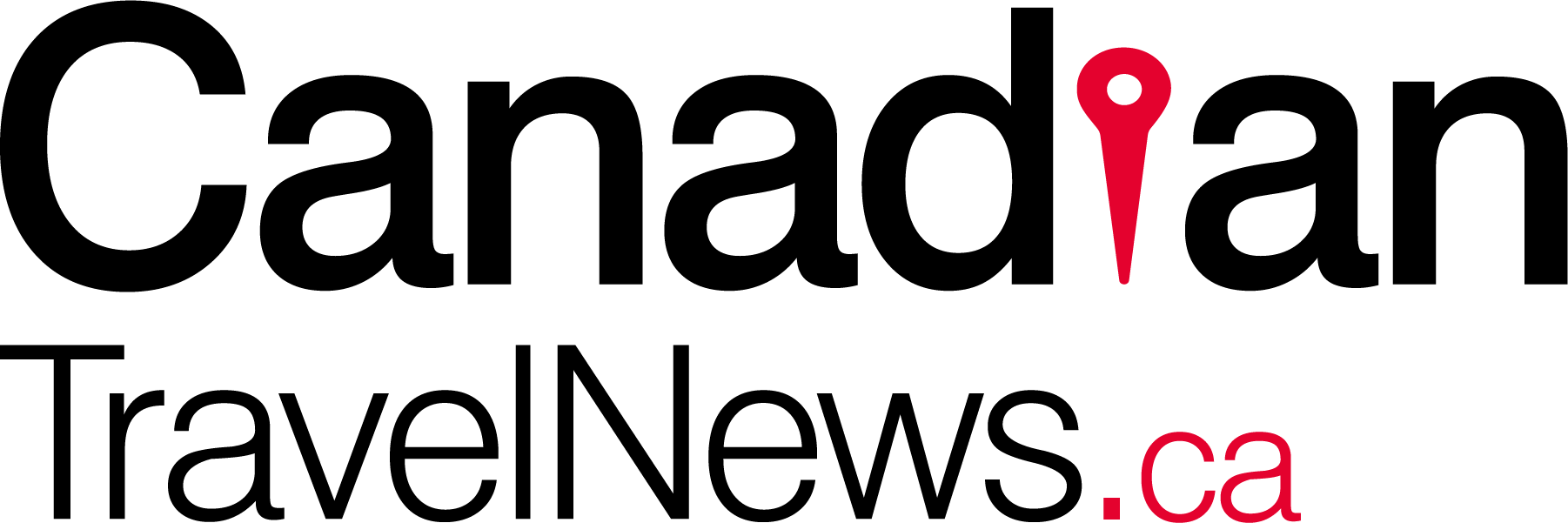
Major Relief For Tourism: Federal Budget Promises $1 Billion Over Three Years
April 19, 2021 Jim Byers
Today’s federal government budget promises $1 billion over three years for Canada’s bruised and battered tourism industry.
The budget proposes establishing a $500 million Tourism Relief Fund that will support investments by local tourism businesses in adapting their products and services to public health measures and other investments that will help them recover from the pandemic.
There’s also a promise of $100 million to Destination Canada for marketing campaigns to help Canadians and other visitors discover and explore the country.
The CBC reports that the $1-billion package, most of which is to be spent over the next two years, also includes $200 million for major festivals — events like Bluesfest and the Ottawa Jazz Festival — as well as another $200 million for smaller community cultural events such as fall country fairs.
CTV News says the budget includes $424 million this year and next for “the safe re-opening” of Canada’s borders. The funds are being set aside to “funding further air travel protections and mandatory quarantine measures.”
The Tourism Industry Association of Canada (TIAC) said it’s been reviewing the 700+ page budget and that they’re “pleased to see support for the industry,” including the $500 million Tourism Relief Fund.
TIAC also said it’s happy to see the $200 million program for local festivals and other events.
“Canada’s visitor economy was the first-hit and hardest-hit industry from the COVID pandemic, and will be one of the last to recover. Sector specific support is critical. It is reassuring that our sector is being acknowledged and that its unique needs are being recognized as we continue to look for hope of recovery through the pandemic,” said TIAC’s President and CEO, Beth Potter.
The budget, delivered by Finance Minister Chrystia Freeland (the first federal budget delivered by a woman), also introduces The Canada Recovery Hiring Program, a $595 million program to make it easier for businesses to hire back laid-off workers. That program would run from June to November.
“We are further prepared to extend supports if the course of the virus requires it,” Freeland said today, according to the Toronto Star.
“Our sector is extremely grateful for this funding that will support the survival of businesses across Canada,” the British Columbia Hotel Association said in a Twitter post.
“While we will continue to press for more, TIAC is happy to see the government commitment to extend the Canada Emergency Wage Subsidy, the Canada Emergency Rent Subsidy, and the Lockdown Support until September 2021,” officials said Monday night.
The Tourism Industry Association of Ontario said the budget proposes $2.4 million in 2021-22 to the Indigenous Tourism Association of Canada to help the Indigenous tourism industry rebuild and recover from the impacts of COVID-19.
In addition to the tourism package, the government plans to pay out $300 million over the next two years through a recovery fund for the arts, cultural and sports sectors.
The budget also proposes $2 billion to support Canada’s aerospace sector.
TIAC said it also was pleased to see $82.5 million ear marked for major Canadian airports in making investments in COVID- 19 testing infrastructure, $105.2 over 5 years to further advance the Known Traveller Digital Identity Pilot Project.
“We are also pleased to see $82.5 million ear marked for major Canadian airports in making investments in COVID- 19 testing infrastructure, $105.2 over 5 years to further advance the Known Traveller Digital Identity Pilot Project, and $6.7 million in 2021-22 to the Canadian Air Transport Security Authority to acquire and operate sanitization equipment, champion safety.”
Some members of the Canadian tourism sector had hoped the Trudeau government would unveil a tax credit to encourage Canadians to spend their travel dollars at home. That does not appear to be in the new budget.
The CBC also reports that the budget mentions an investment of $82.5 million in Transport Canada will help major Canadian airports improve their COVID-19 testing infrastructure, and that there’s a vague statement that says the government is looking ahead to “facilitate the safe restart of air travel.”
“Today’s budget has taken steps to assist the sector during the immediate crisis,” said Mike McNaney, President and CEO of the National Airlines Council of Canada, which represents Air Canada, WestJet and Canada’s other major airlines. “But more work is required, in particular the development of a safe restart plan for aviation and international travel, if we are to restore the hundreds of thousands of Canadian jobs that are supported by the sector and facilitate the economic recovery of communities across every region of Canada.”
“There remains a critical need for the government to engage with industry in the development of a safe restart plan for aviation that is based on science and progress in vaccination implementation, that utilizes various means of testing, quarantine and electronic data capture to adjust border and travel measures, and maps out a clear and safe return of aviation and international travel,” the airlines council said.
The Canadian Airports Council said the budget is another step in the right direction, in particular in the following areas:
- $2 billion is being provided to the National Trade Corridors Fund for trade-enabling infrastructure funding.
- $82.5 million is allocated for airports for COVID-19 testing when travel resumes.
- $105 million is being dedicated to the Known Traveller identification to advance digital traveler credentials, with an additional $600 million to Canada Border Services Agency (CBSA) for border modernization.
- $1 billion over three years to support tourism, arts and culture.
- Extension of the Canada Emergency Wage Subsidy program.
But it said there are still major concerns about financial relief and a restart plan for the industry.
Budget 2021 funding for COVID testing at Canada’s airports is welcome, but to ensure that airports are ready when demand for passenger traffic returns, government and industry must also formulate a restart plan in the coming months.
Given the financial strain that airports are under – including revenue losses of $5.5 billion to the end of 2021, and new debt of $2.8 billion – the CAC also continues to ask for financial support through the form of a moratorium on ground lease rent until the business recovers and more options for interest free loans and operational support.
These actions are necessary to help ensure that Canada’s air sector is competitively placed on the other side of the pandemic, to compete with airports and airlines in the U.S. and other jurisdictions that have provided greater government support to their travel and tourism sectors to address the pandemic crisis.
About the Author













